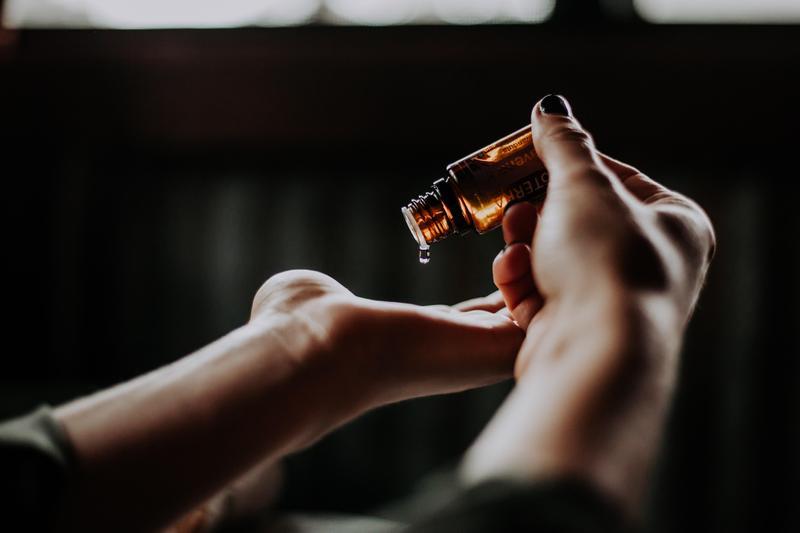Everything You Need To Know To Use Essential Oils the Right Way
Everything You Need To Know To Use Essential Oils the Right Way

Essential oils are highly concentrated plant extracts. They can be used in a wide variety of applications. In fact, there are so many uses for them that it is easy to get overwhelmed at first. Knowledge is power, though, and taking time to learn about essential oils and how to use them can help clear up that confusion.
Understand How Essential Oils Work
Many people think that essential oils are all about how they smell or taste. But the reality is actually quite different. While the essential oils you use are often associated with their aroma and color, those properties are a result of the amazing plant compounds that are in the oil. And those compounds are what give essential oils their claimed properties.
Essential oils get their properties from the chemical compounds found in plants. These are extracted into their purest form, which is where the term essential comes from. There are different extraction methods that can be used, and the properties of the plant in question will usually determine which is the right one to use.
Learn About Different Application Methods
Depending on what you want to achieve with your oils, there are different application methods.
Aromatherapy is widely regarded as the safest and most common method. It relies on inhalation of the oils’ scents to trigger a response within your nervous system. Because the compounds are absorbed directly into your olfactory nerve, the body’s response is virtually immediate. So, if you are feeling anxious, a quick whiff of lavender or chamomile can help calm you down quickly.
Many people also use essential oils topically. This should always be done with care and knowledge of the properties of each oil you are using. Some can be very irritating to the skin, should not be used on certain populations, or may cause a reaction when exposed to the sun. Lavender is widely regarded as the only essential oil that should be applied directly to the skin. The rest will need to be diluted to use safely.
Once you are aware of the restrictions of the oils you want to use, the topical applications options are nearly endless. You can add essential oils to soaps, lotions, shampoos, and beauty products. They can even be used to combat odors in a homemade deodorant stick.
There are some oils that can be ingested but others can cause serious harm if swallowed. Because of their extremely concentrated nature, you cannot simply substitute essential oils for flavorings or extracts. This is the realm of serious essential oil enthusiasts and must be approached with extreme caution.
The antimicrobial properties of certain oils make them excellent choices for cleaning products. They can be added to sprays, soaps, and detergents to clean and disinfect surfaces around your home. For many people, they are a safer option than using the harsh chemicals found in most commercial products.
Experiment With New Scents
Starter kits are a great way to experience the most common and practical oils. But don’t limit yourself to just those selections. Well-known and respected companies like Young Living Essential Oils have a nearly endless assortment of individual oils and blends that you can experiment with.
Do a little research and find the ones you like and that meet the needs you are trying to fill. You can even find scents that work well together and make up your own fun blends.
Glass Bottles Aren’t Always Necessary
This is a topic that many people will debate, and hotly. Here is some clarification about what is needed to safely mix, store, and dispense essential oils and products made with them.
Dark-colored glass bottles are necessary for pure essential oils. They protect them from degradation caused by sunlight. You should also store those bottles in a cool, dry place to avoid contamination from moisture. Some oils will completely burn through plastic, which is a good reminder that they contain strong chemical compounds. They may also react with certain metals.
Once diluted, you have a little more leeway with storage. Plastic or metal spray bottles are probably fine for your cleaning products that contain a few drops of oil in several ounces of water or vinegar. The same goes for that plastic lotion dispenser that matches your bathroom so well. Just keep in mind that, at higher concentrations, oils should be stored in glass.
Ultimately, you will need to find what works best for you. That means playing around a little, making a few DIY recipes, and learning what you like. Use common sense and follow general safety precautions to make essential oils a safe and healthy addition to your routine.
Be the first to post a message!